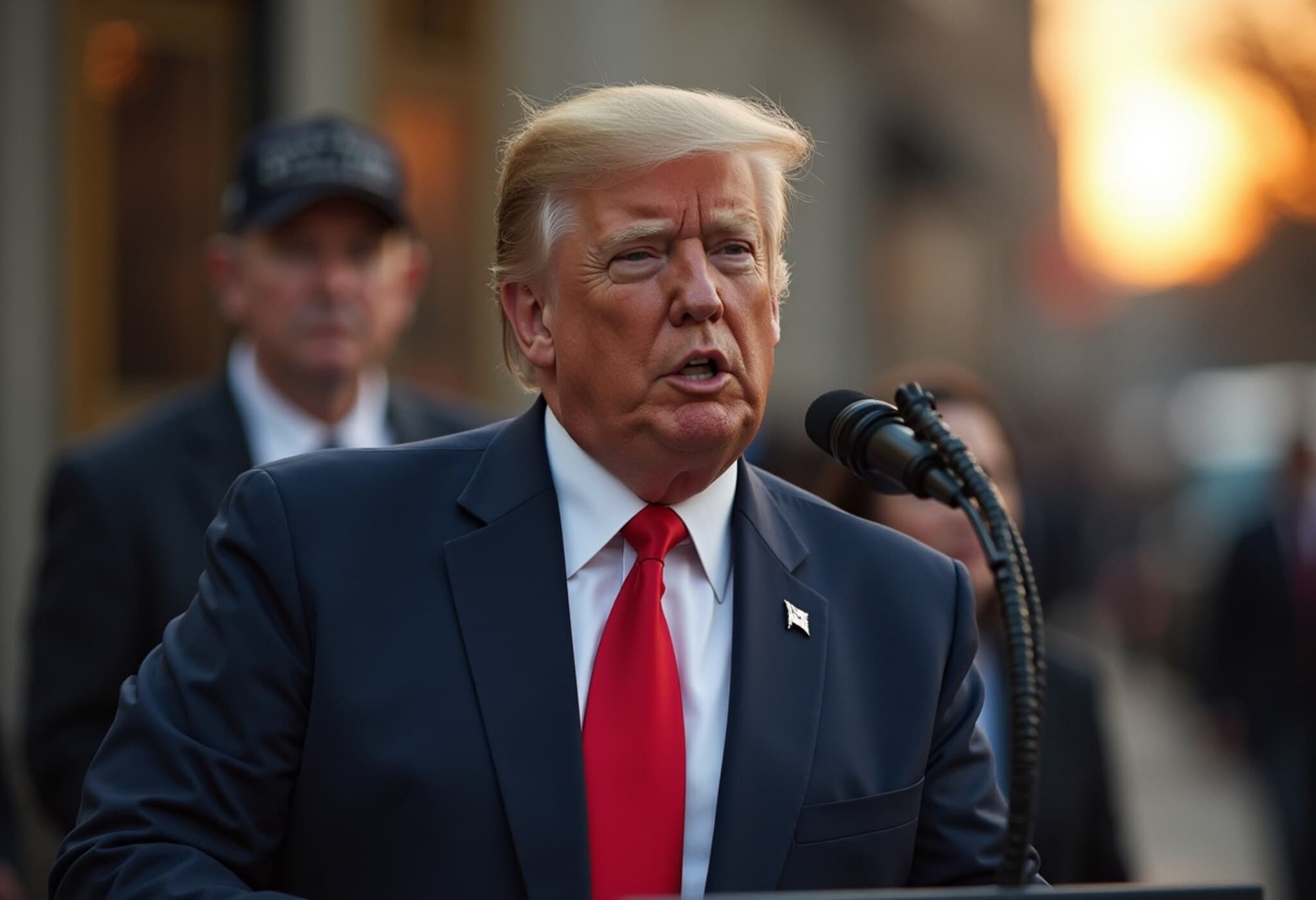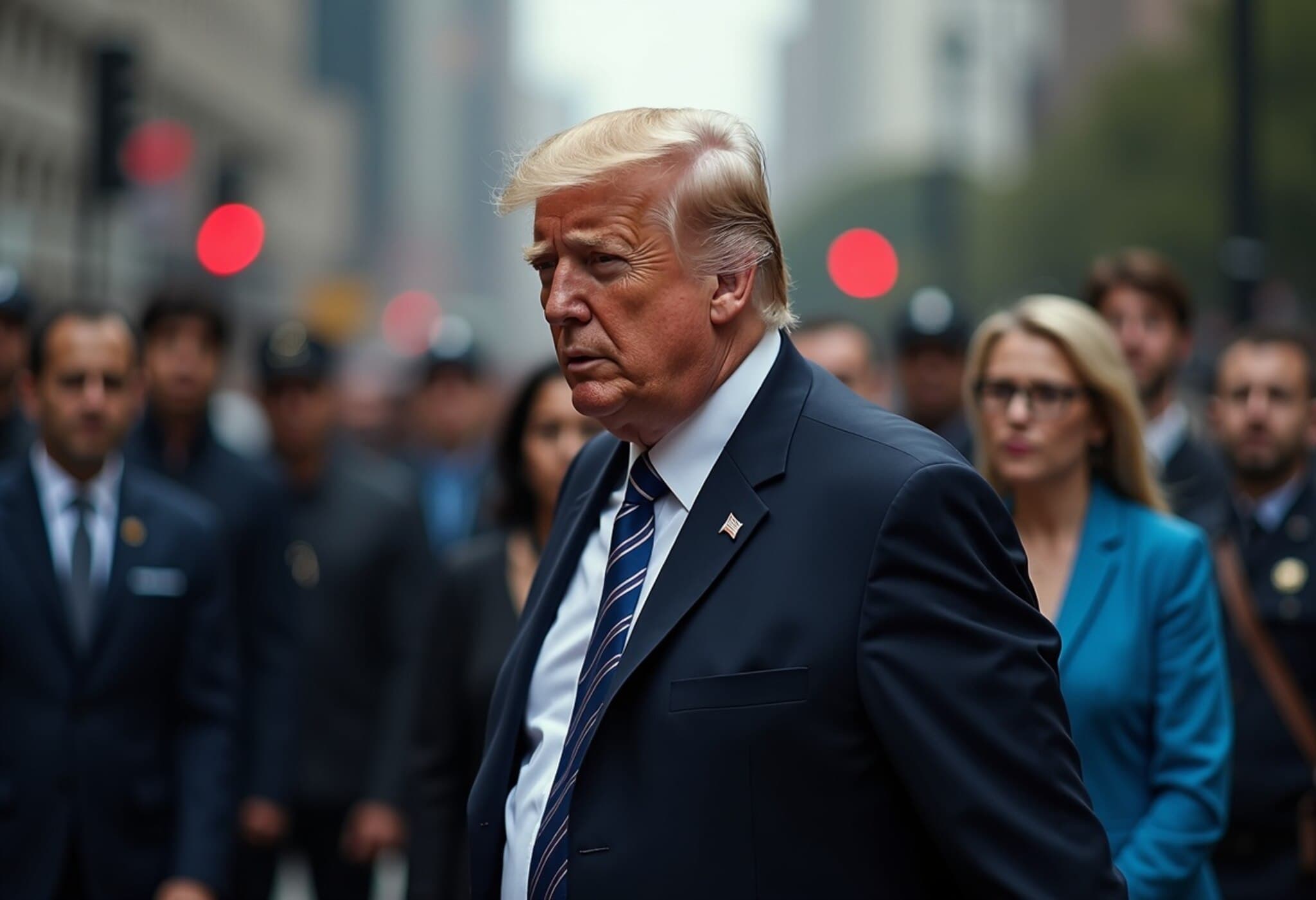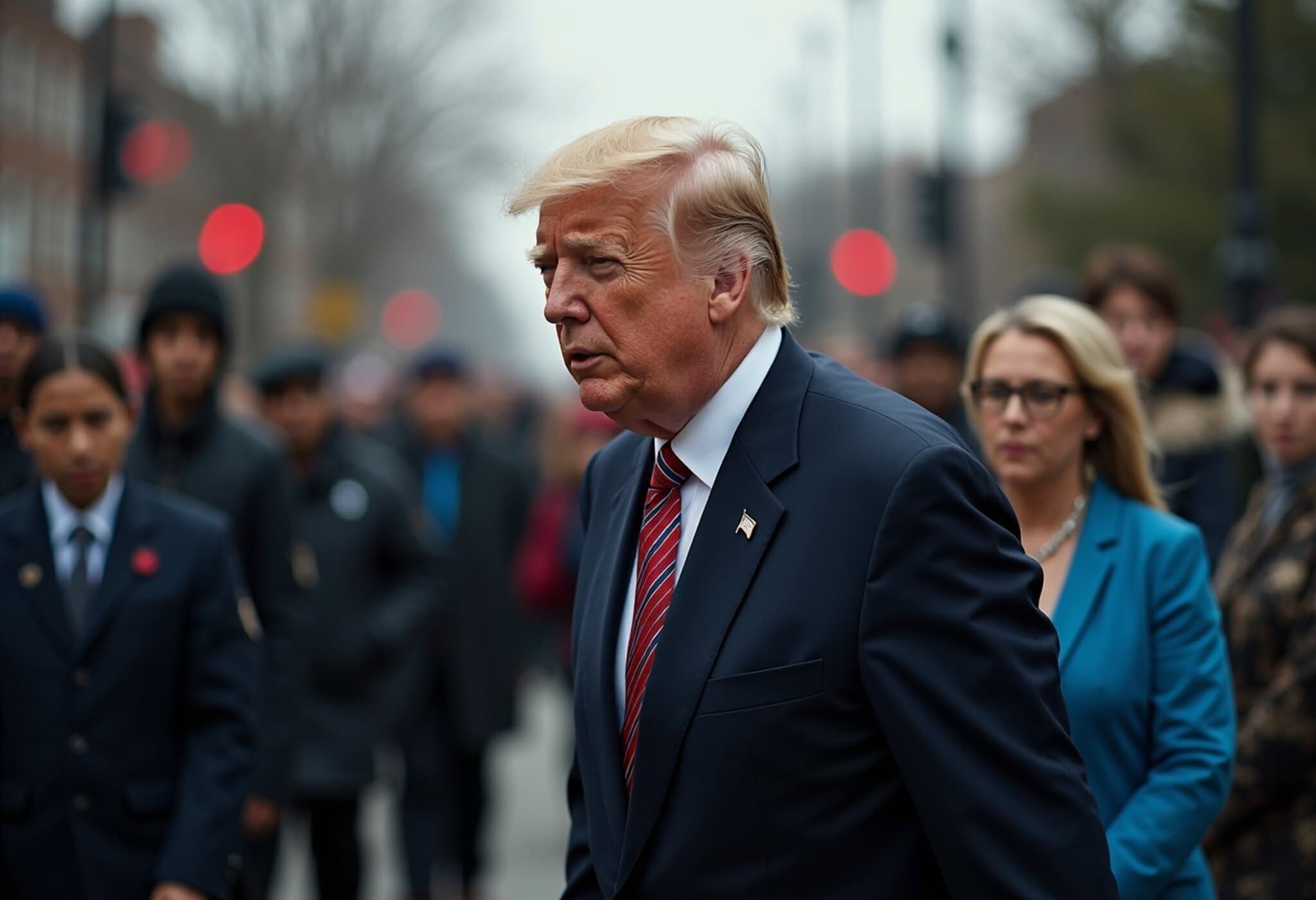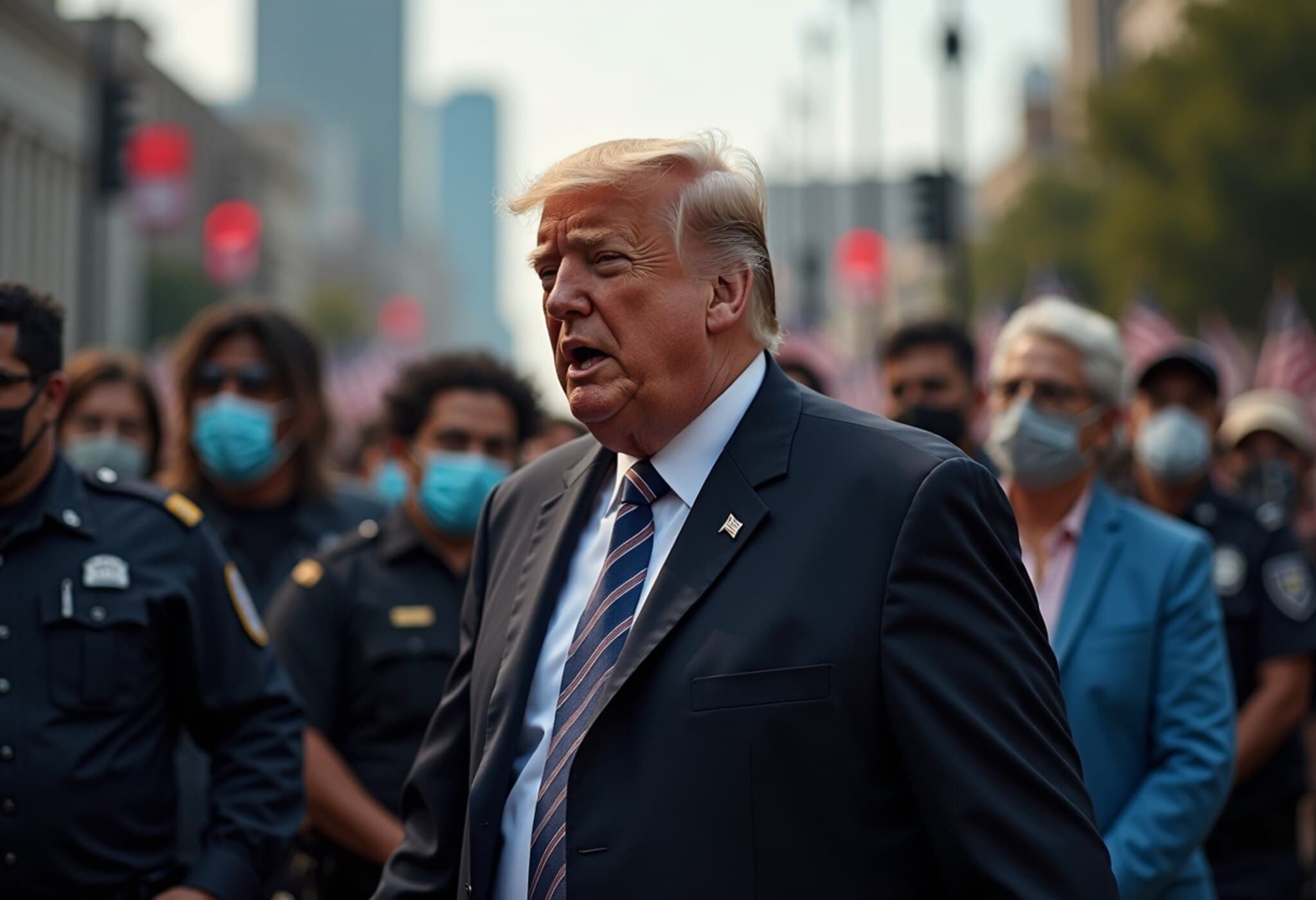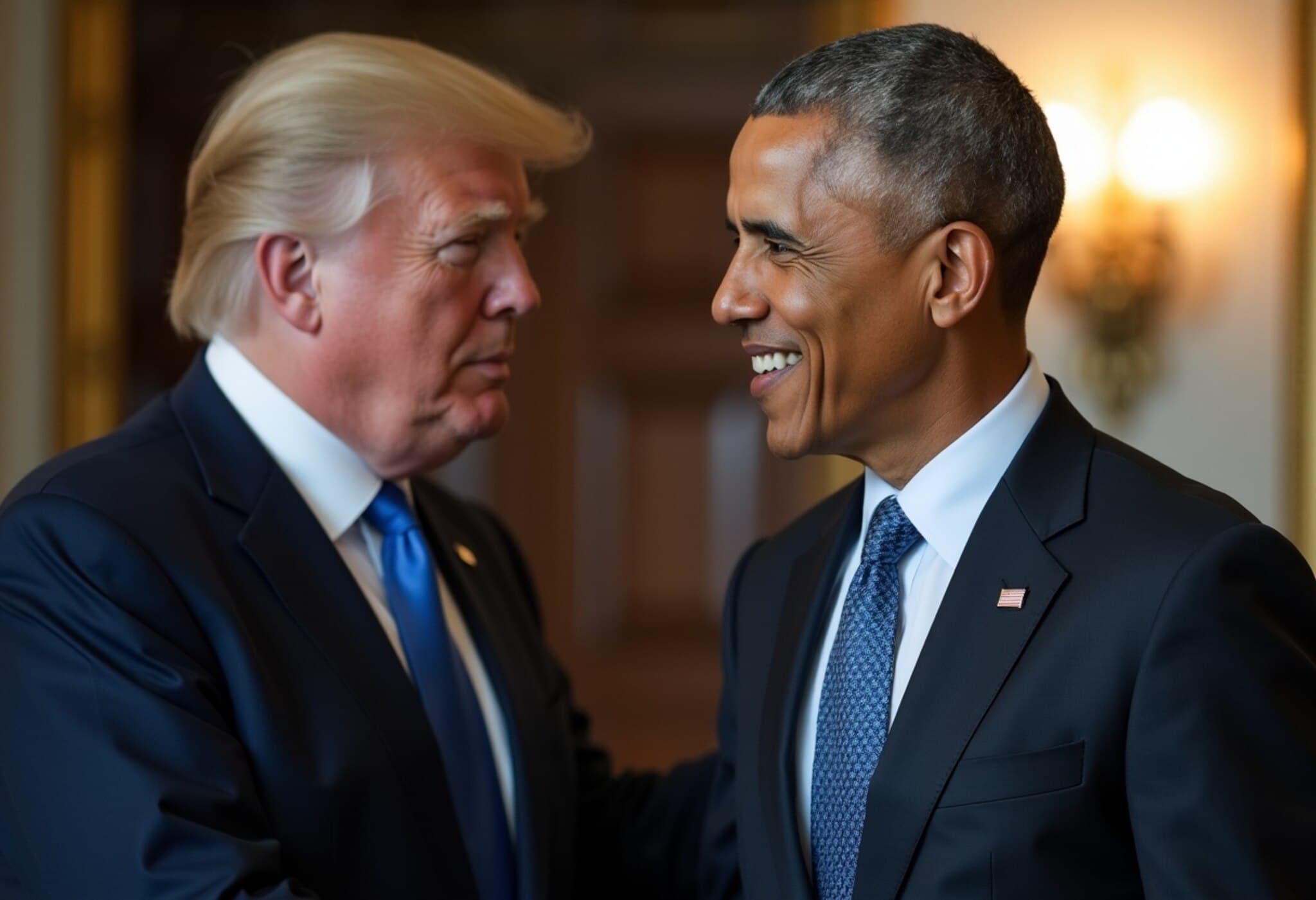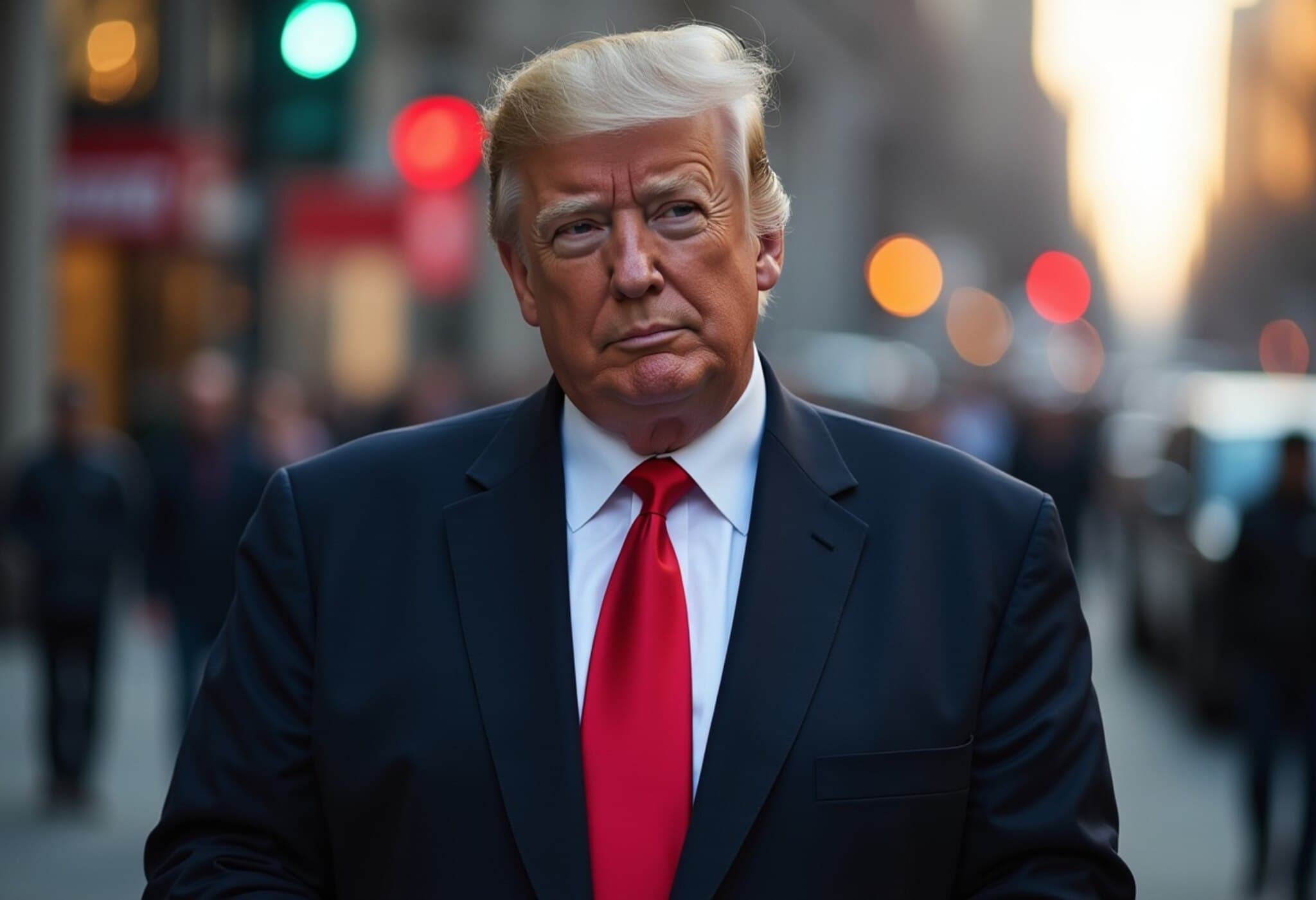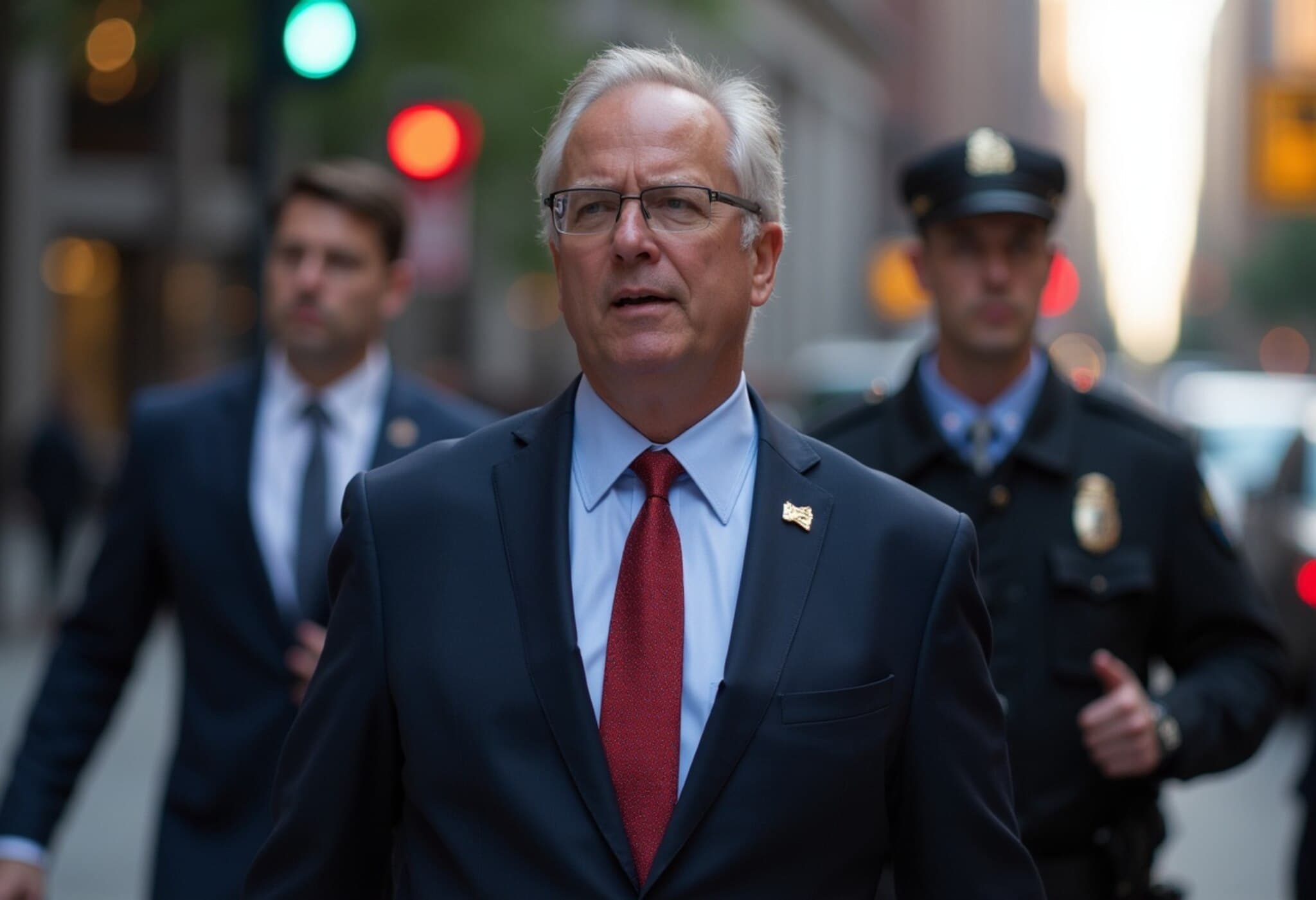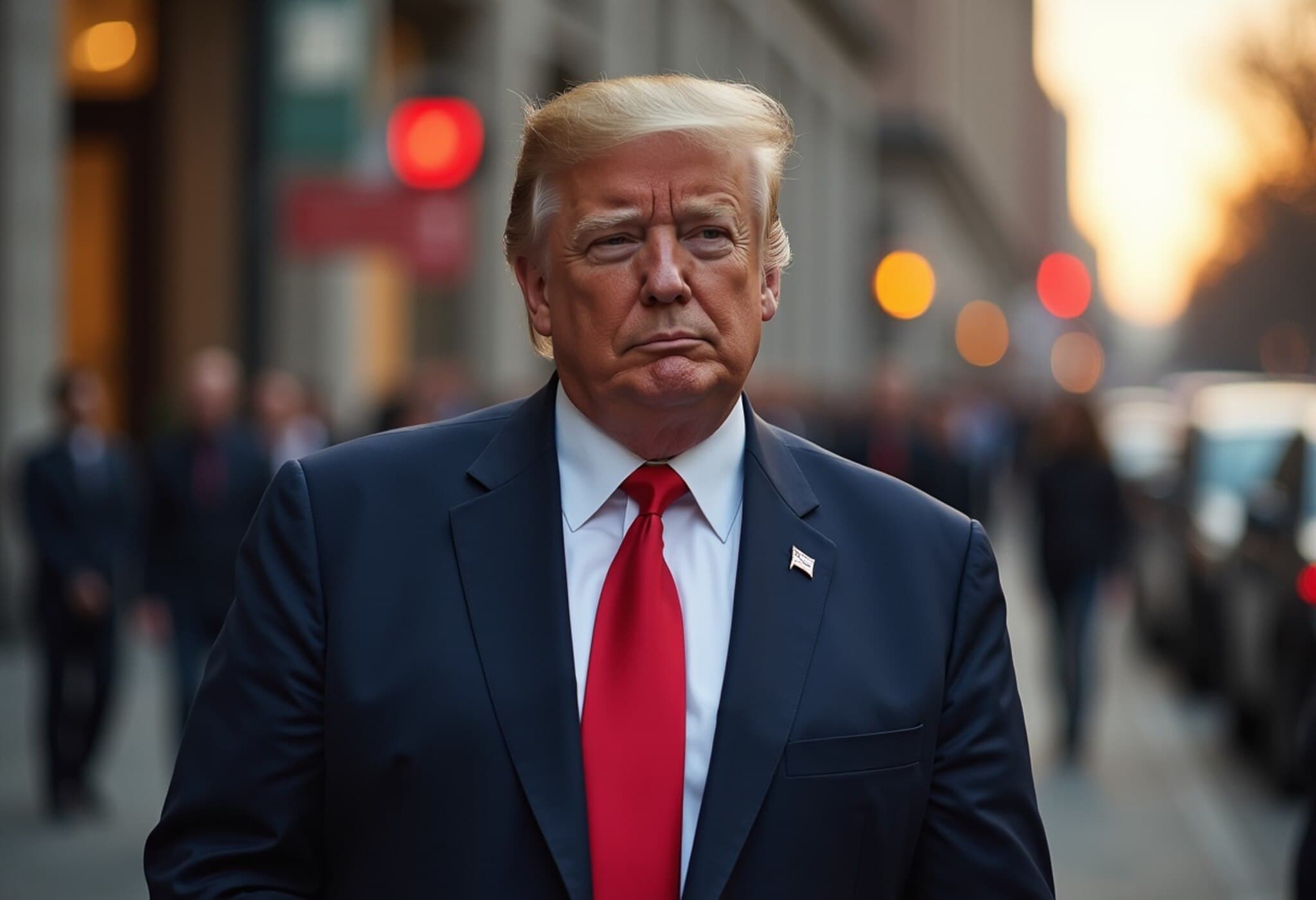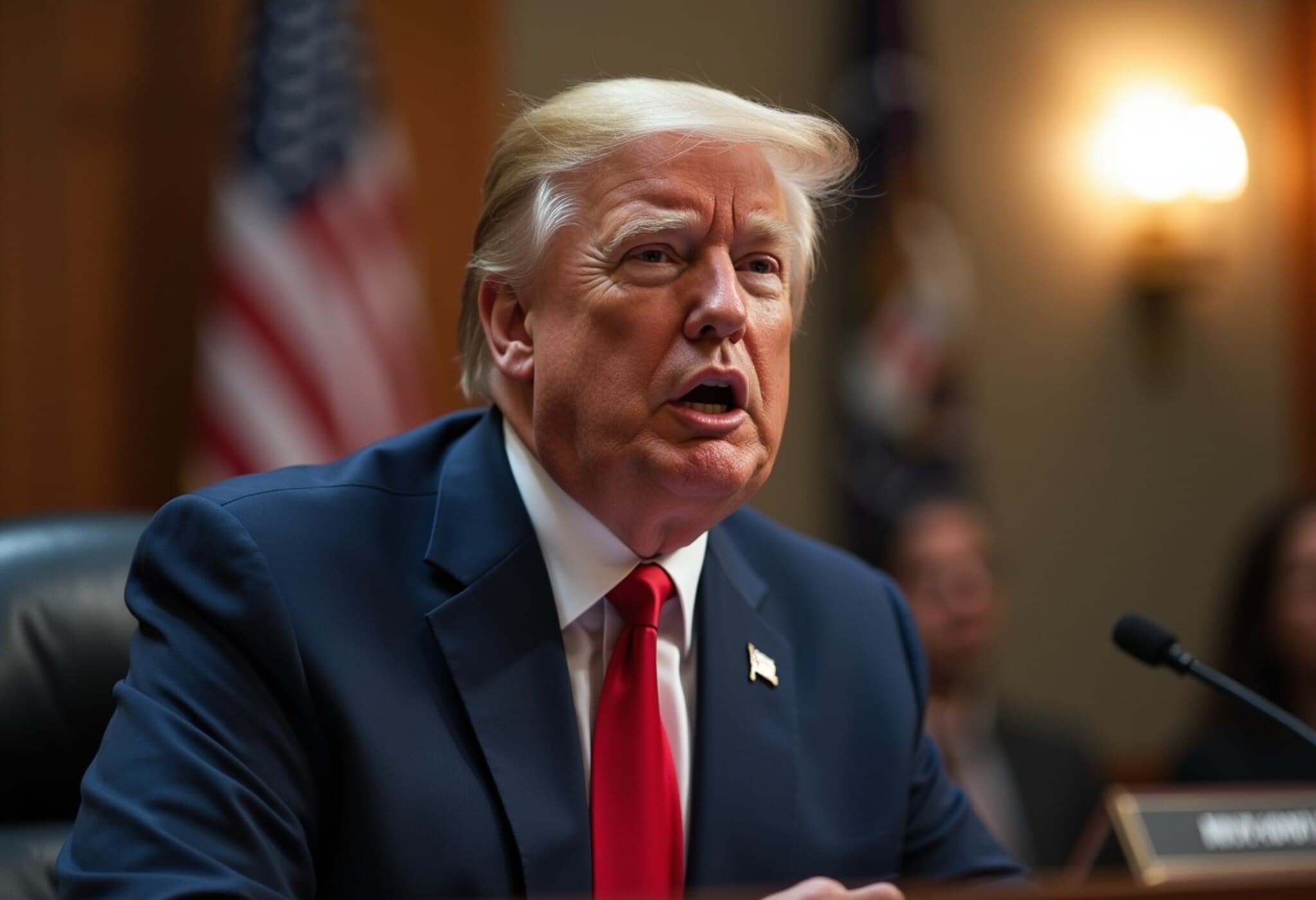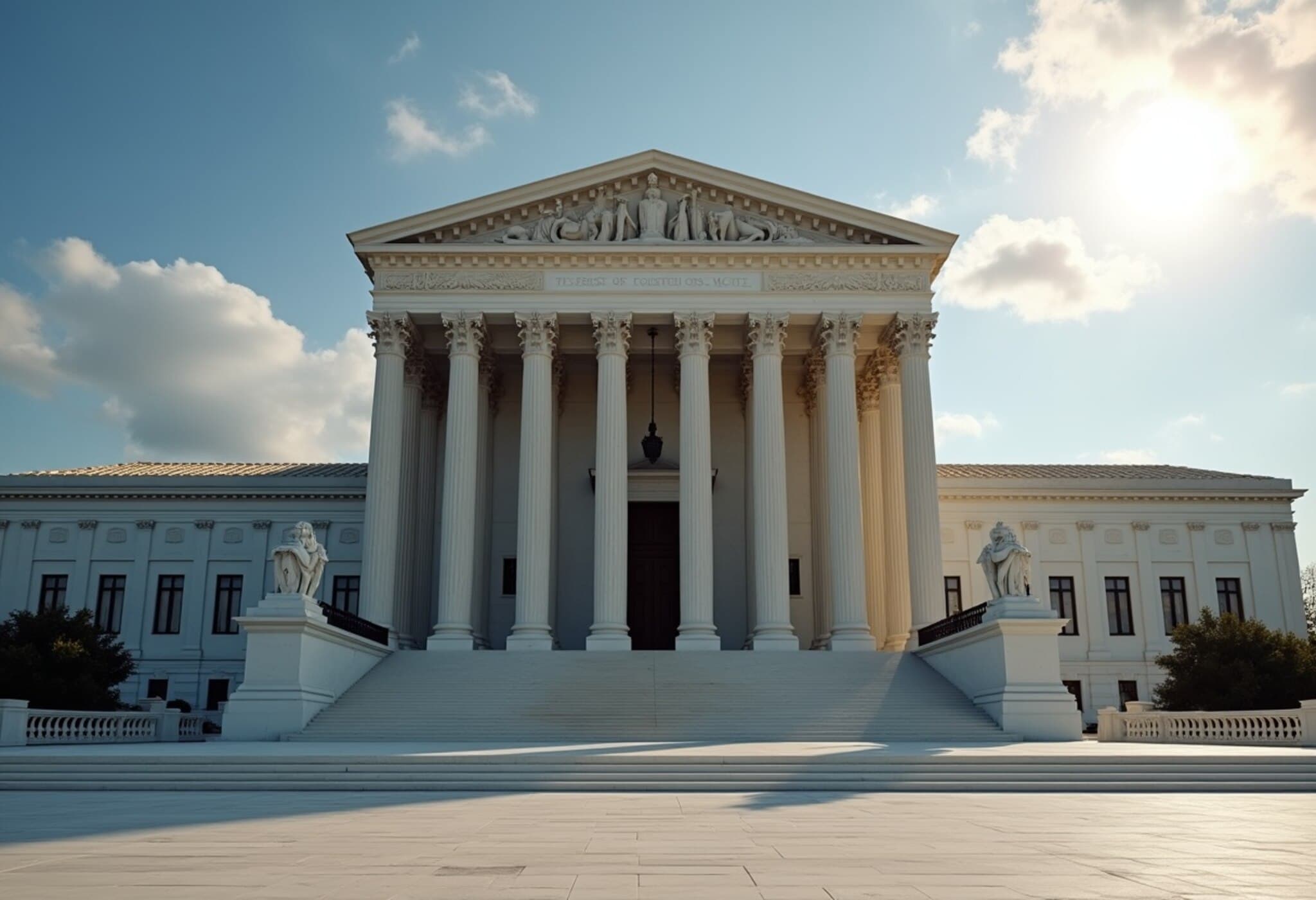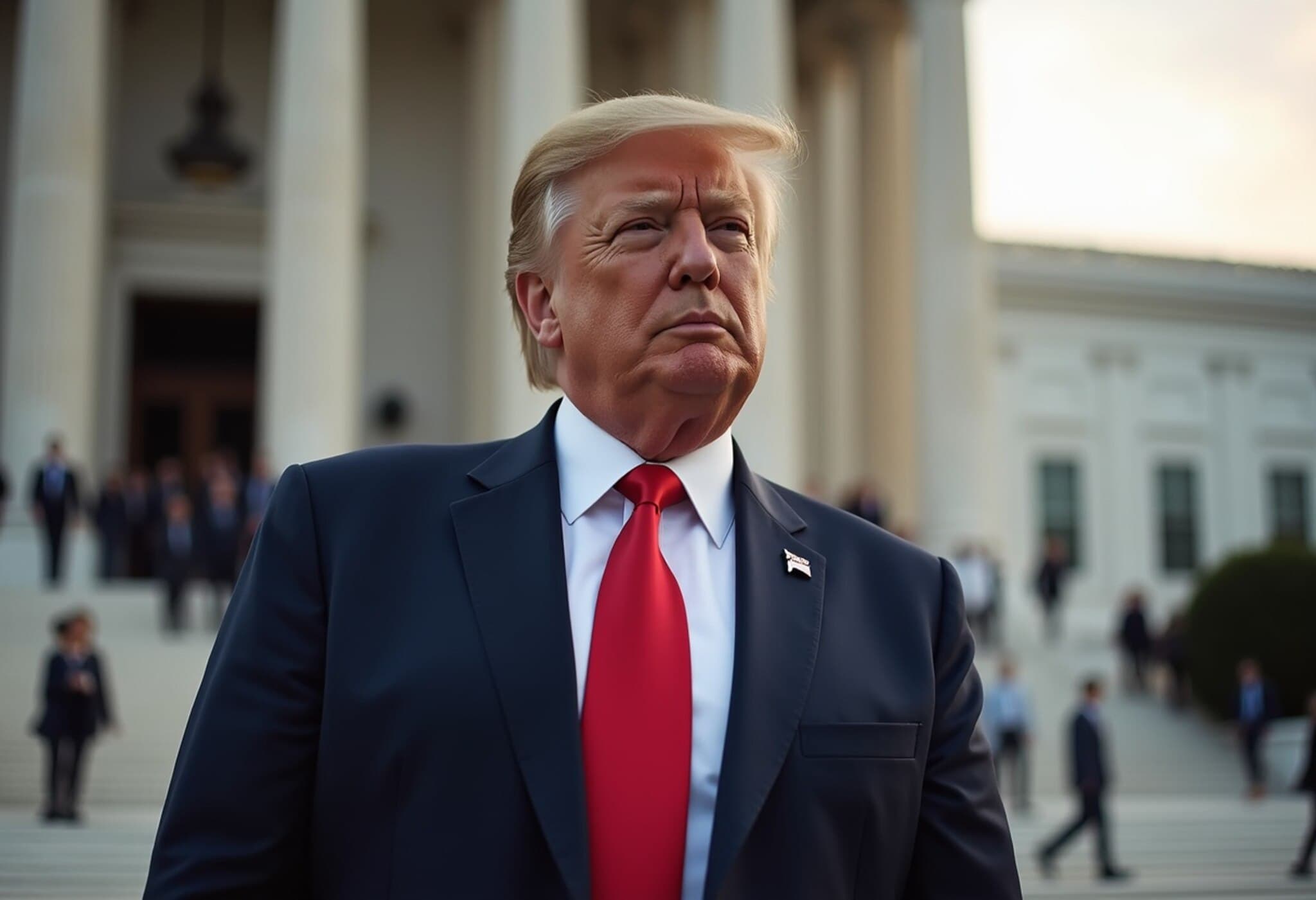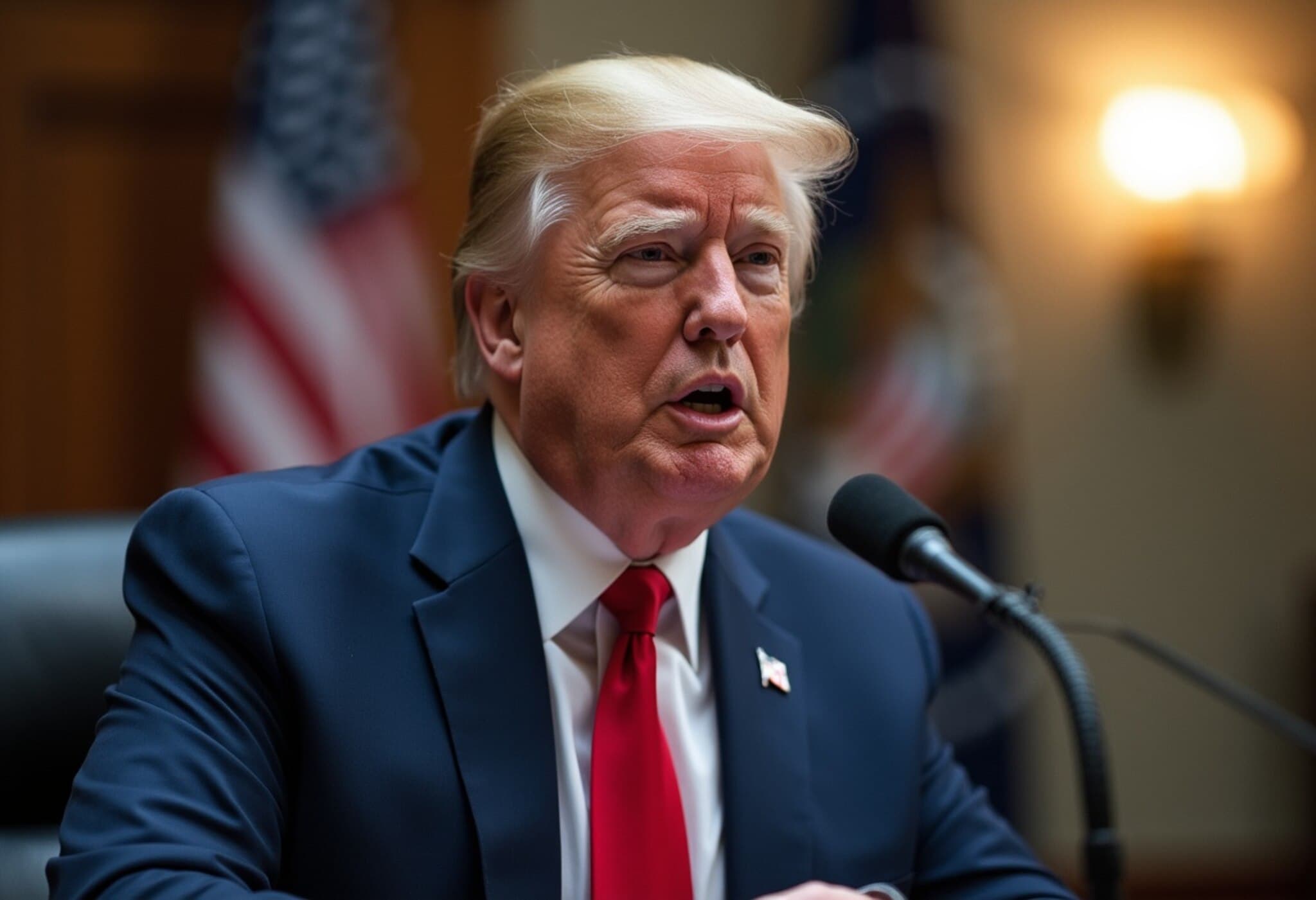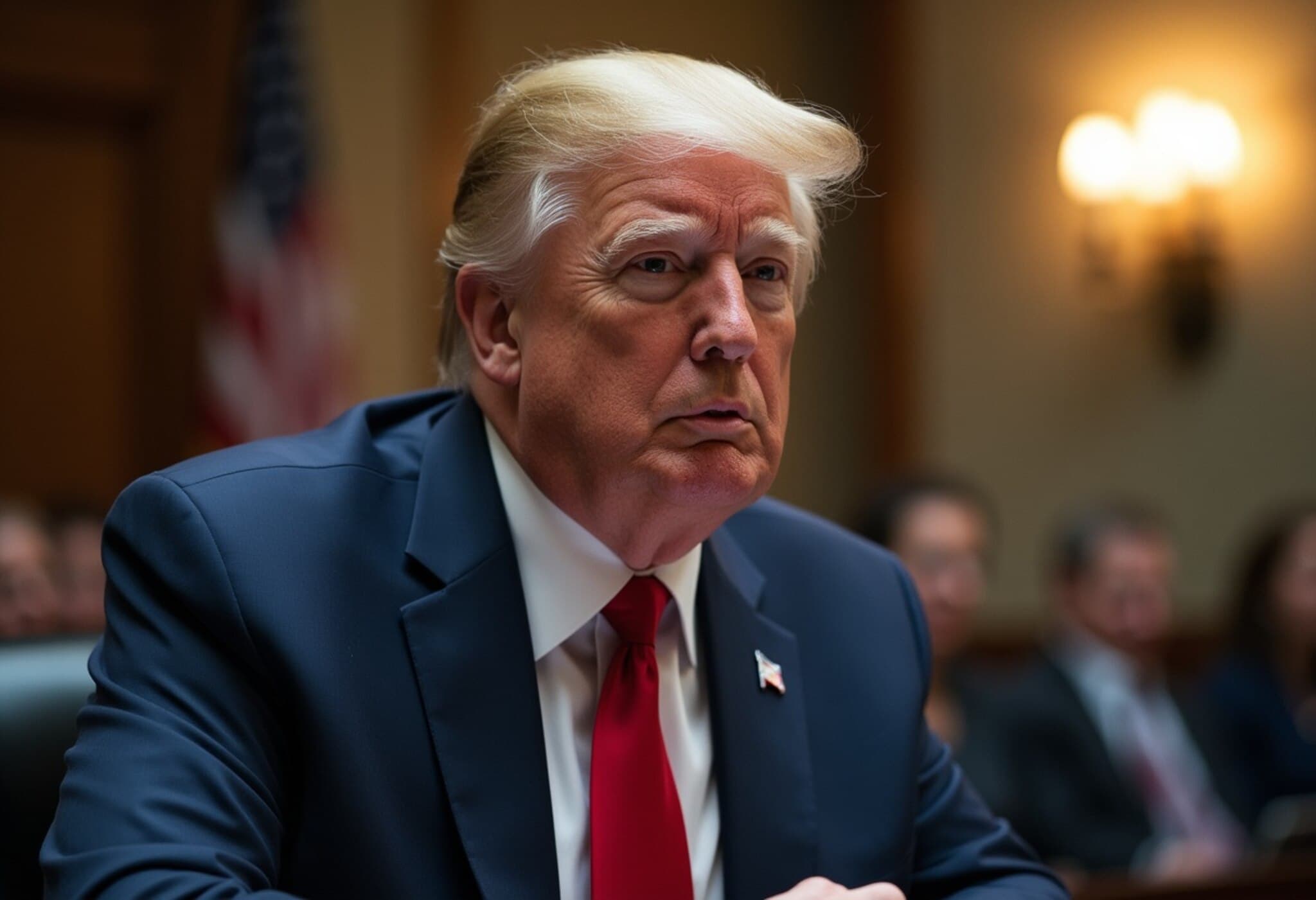Federal Courts Maintain Block on Trump’s Birthright Citizenship Order
President Donald Trump’s controversial executive order aimed at ending birthright citizenship for children born to undocumented immigrants remains firmly blocked as multiple federal court cases progress across the United States. Despite the upheaval in immigration policies and a recent Supreme Court ruling altering some facets of immigration law, the attempt to revoke the constitutional right to citizenship by birth continues to face substantial judicial resistance.
Court Injunctions Keep Policy on Hold Nationwide
Last week, an injunction by US District Judge Joseph LaPlante of New Hampshire officially took effect after the Trump administration declined to file an appeal within the given timeframe, thereby preventing the executive order from going into force. This decisive move protects the citizenship rights of countless children whose status was put in doubt by the administration’s directive.
“The judge’s order protects every single child whose citizenship was called into question by this illegal executive order,” commented Cody Wofsy, an attorney for the American Civil Liberties Union representing affected children.
Notably, the government has neither sought an emergency stay nor challenged the injunction so far, allowing it to stand nationwide. However, the administration retains the option to pursue further appeals or seek modifications to the injunction in future proceedings.
Legal Battles Intensify as States Join the Fray
Simultaneously, a coalition of over a dozen states presented arguments before US District Judge Leo Sorokin in Boston, asserting that Trump’s order is unlawful and threatens critical state funding tied to essential public services. The states urged the judge either to uphold his prior nationwide injunction or prevent the government from narrowing its scope.
Government lawyers requested the injunction be limited to address financial concerns specific to individual states, but Judge Sorokin showed inclination to maintain the robust protection of birthright citizenship rights.
Contextualizing the Supreme Court’s Position
Last month, the Supreme Court clarified that lower courts generally lack authority to issue nationwide injunctions; however, it did not categorically prohibit court orders with widespread impact, especially those arising from class-action lawsuits or cases brought by states. Crucially, the high court refrained from ruling on the constitutionality of the fundamental birthright citizenship question itself, thus leaving legal uncertainties unresolved.
Why This Matters: Implications for Immigration and Society
Birthright citizenship, enshrined in the 14th Amendment, has long been a pillar of American identity and legal framework. Attempts to alter this principle risk profound societal and legal consequences, sparking debates about inclusivity, rule of law, and immigration reform.
Experts note that revoking citizenship rights for children born on U.S. soil could create a stateless population with uncertain legal standing and exacerbate social inequalities.
Looking Ahead: What to Watch
- Potential Appeals: The Trump administration may pursue higher court appeals challenging existing injunctions.
- Supreme Court Review: The matter could return to the Supreme Court for a ruling on the order’s constitutionality.
- State Government Responses: States are likely to continue asserting their interests to protect funding and the rights of residents.
- Public Discourse: National conversations on immigration and citizenship rights will intensify, influencing policy debates.
Editor’s Note
At the heart of this legal standoff is a fundamental question about the nature of American citizenship and identity. While courts have so far blocked efforts to redefine birthright citizenship, the debate underscores ongoing tensions in U.S. immigration policy. Observers should remain attentive to how judicial decisions can shape societal norms, and consider the broader consequences of any changes to constitutional rights—especially for vulnerable populations entwined in the immigration system.

